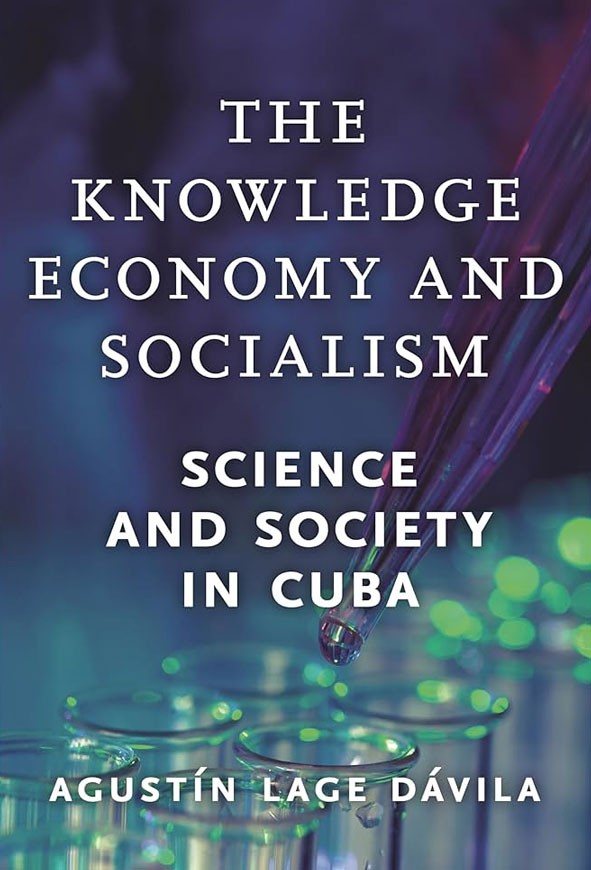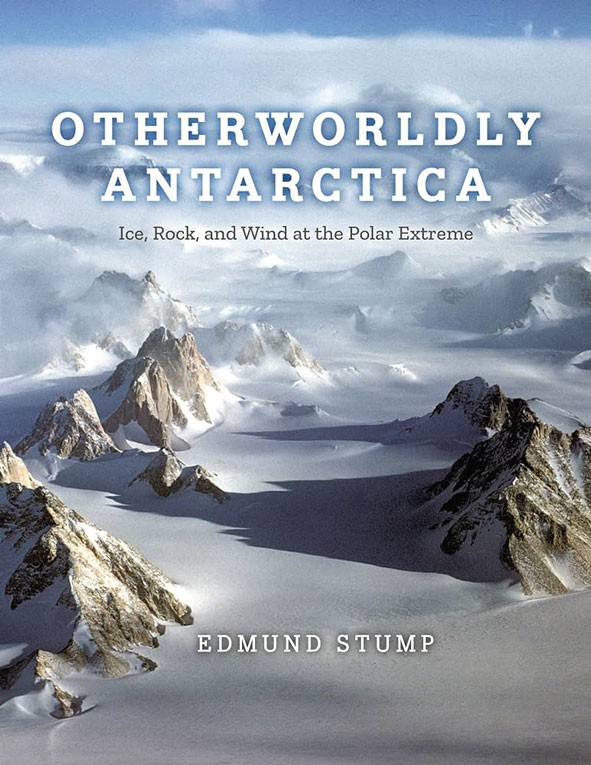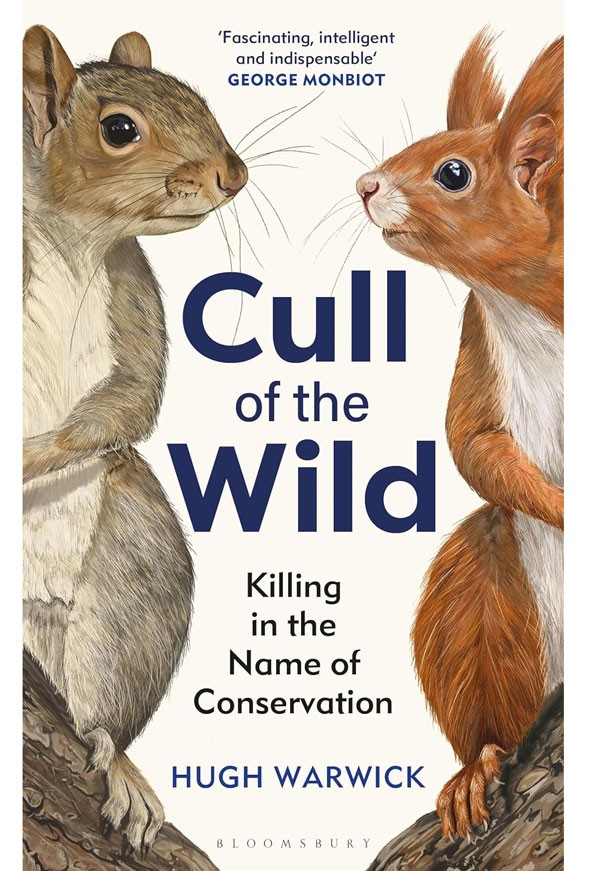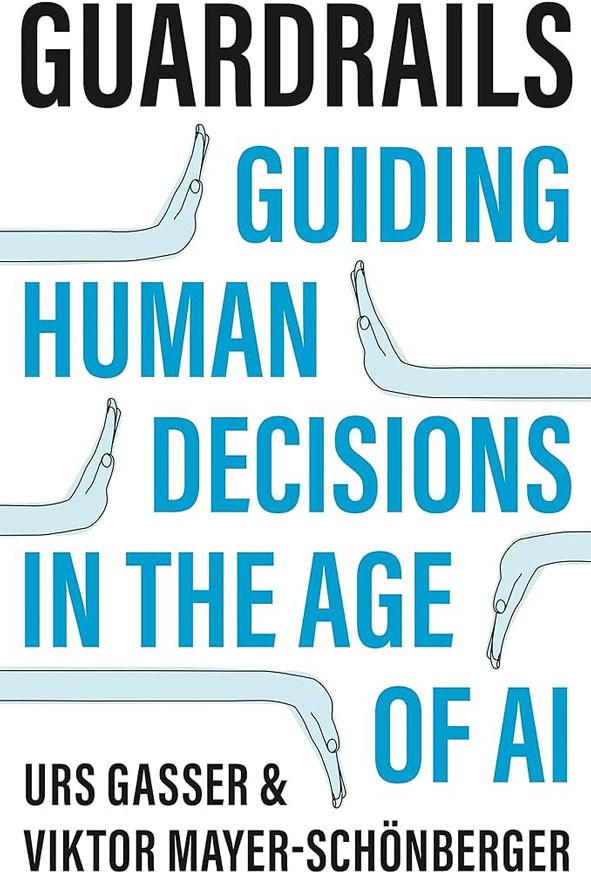The Earth and I
James Lovelock et al. Taschen (2024)
Environmentalist James Lovelock, who died in 2022, is known for having proposed the Gaia hypothesis — that Earth is a self-regulating, complex system. With his last book, first published in German in 2017, he wished to prevent people from repeating humanity’s mistakes. It offers 12 essays on this theme by notable scientists, science writers, a philosopher and an economist, book-ended with shorter essays by Lovelock himself. “Our intelligence will enable life, in whatever form, to continue, into a deep and distant future,” he concludes.

The Knowledge Economy and Socialism
Agustín Lage Dávila Monthly Review (2024)
Unlike communist-ruled China and Russia, Cuba lacks both natural resources and a large internal market. So, to develop its economy, Cuba has focused since its 1959 revolution on science and technology. This has created “the developing world’s most established biotechnology industry”, as Nature noted in 2009. Cuban immunologist and communist Agustín Dávila analyses this history, which he says is reminiscent of Soviet scientific success pre-1970s, while openly admitting that he writes “to defend socialism”.

Otherworldly Antarctica
Edmund Stump Univ. Chicago Press (2024)
Over 40 years, geologist Edmund Stump has climbed, photographed and studied much of the 3,500-kilometre length of Antarctica’s Transantarctic Mountains — “my stomping ground” — including its highest summit. His book of photographs is his “homage to Antarctica, the continent of ice”, captioned by himself with playful illustrations by Marlene Hill Donnelly. Mountains, ice, snow and sea dominate, with remarkably few signs of life apart from distant fellow explorers, and steam belching from Mount Erebus’s noxious crater.

Cull of the Wild
Hugh Warwick Bloomsbury Wildlife (2024)
In 1958, China’s then leader Mao Zedong declared war on its sparrows, to conserve the grain harvest for its hungry population. But the massacre liberated insects — normally sparrow food — to eat the grain. No doubt ecologists could have warned him, but they cannot resolve the conflict between head and heart in all instances in which wild animals are culled for conservation. Whatever the animal, “any cull of the wild is very complicated”, writes ecologist and hedgehog expert Hugh Warwick in his fascinating, readable book.

Guardrails
Urs Gasser & Viktor Mayer-Schönberger Princeton Univ. Press (2024)
Throughout history, human decisions have been influenced by social customs, regulations and laws: guardrails. But artificial intelligence is complicating this relationship. “We challenge the mantra that more technology is the best answer to problems of human decision-making,” write governance researchers Urs Gasser and Viktor Mayer-Schönberger. They cite a devastating collision between two aircraft in 2002, caused by conflicting advice from an automated warning system and a human air-traffic controller. Andrew Robinson
Competing Interests
The author declares no competing interests.
